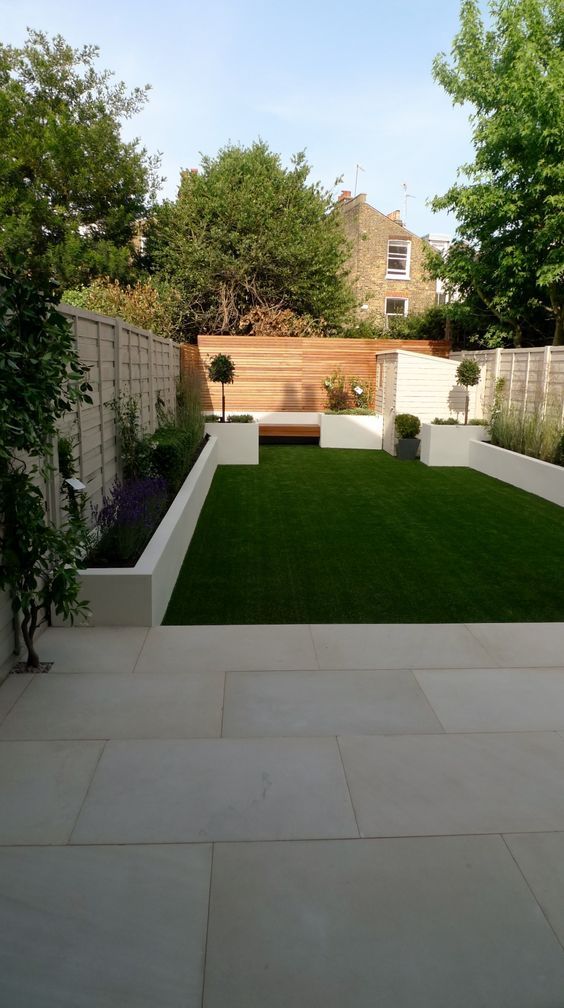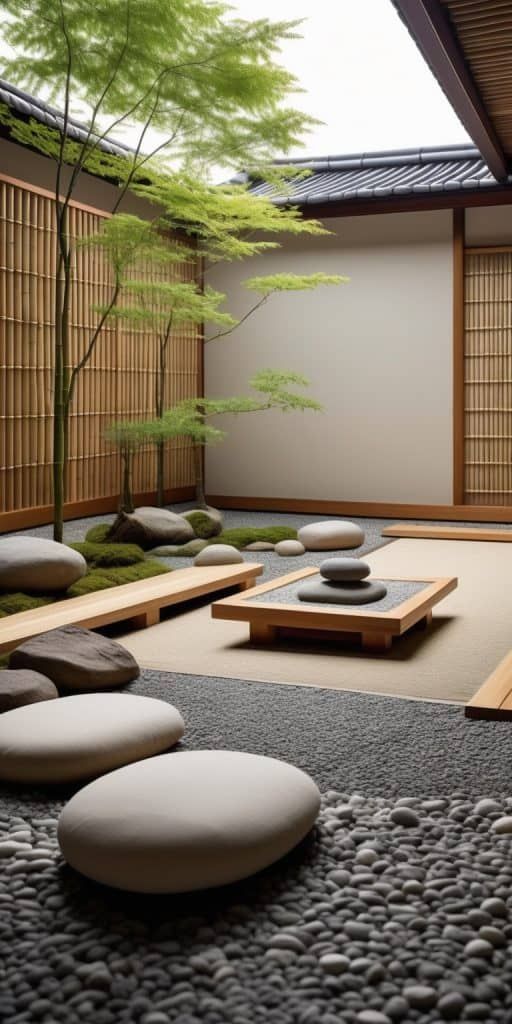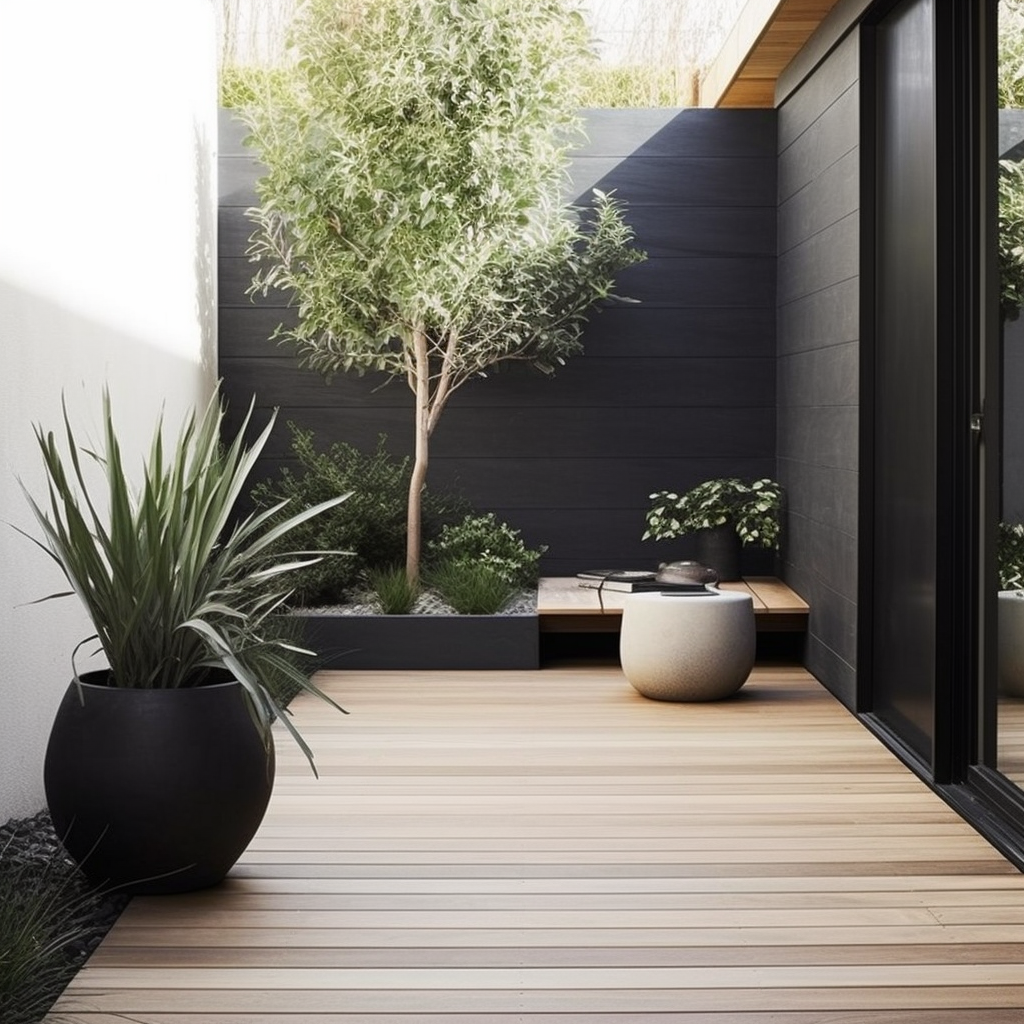Garden design minimalist is a popular trend that focuses on simplicity, style, and functionality. This design approach embraces the idea that less is more, allowing the natural beauty of the plants and landscape to shine through without any unnecessary clutter or distractions. By incorporating clean lines, neutral colors, and a focus on balance and symmetry, minimalist garden design creates a serene and calming outdoor space.
One of the key principles of minimalist garden design is the careful selection of plants and materials. Rather than overcrowding the garden with a wide variety of plants, minimalist gardens often feature a limited selection of carefully chosen species that complement each other in terms of color, texture, and form. This creates a sense of coherence and harmony throughout the garden, allowing the plants to take center stage and shine in their own right.
In terms of materials, minimalist garden design often utilizes a limited color palette of natural materials such as wood, stone, and metal. These materials are chosen for their timeless and elegant qualities, adding a touch of sophistication to the garden while also blending seamlessly with the surrounding landscape. By keeping the materials simple and understated, the focus remains on the overall design of the garden rather than on any one particular element.
Another hallmark of minimalist garden design is the focus on clean lines and geometric shapes. Straight pathways, symmetrical planting beds, and simple geometric structures such as pergolas or raised beds are commonly used to create a sense of order and structure in the garden. These design elements help to anchor the space and provide a sense of balance and proportion that is essential to achieving a minimalist aesthetic.
In addition to clean lines and simple shapes, minimalist garden design also emphasizes the use of negative space. Negative space, or the areas of emptiness between plants and structures, plays a crucial role in creating a sense of openness and tranquility in the garden. By allowing for ample breathing room between plants and features, minimalist gardens avoid feeling cluttered or overwhelming, instead creating a sense of calm and serenity that is conducive to relaxation and contemplation.
Overall, minimalist garden design offers a timeless and elegant approach to outdoor living that focuses on simplicity, style, and functionality. By carefully selecting plants and materials, embracing clean lines and geometric shapes, and emphasizing negative space, minimalist gardens create a sense of harmony and tranquility that is both visually appealing and soothing to the soul. Whether you have a small urban courtyard or a sprawling suburban backyard, minimalist garden design can help you create a beautiful and inviting outdoor space that reflects your personal style and enhances your quality of life.
 yishifashion Where Outdoor Dreams Become Reality
yishifashion Where Outdoor Dreams Become Reality

















